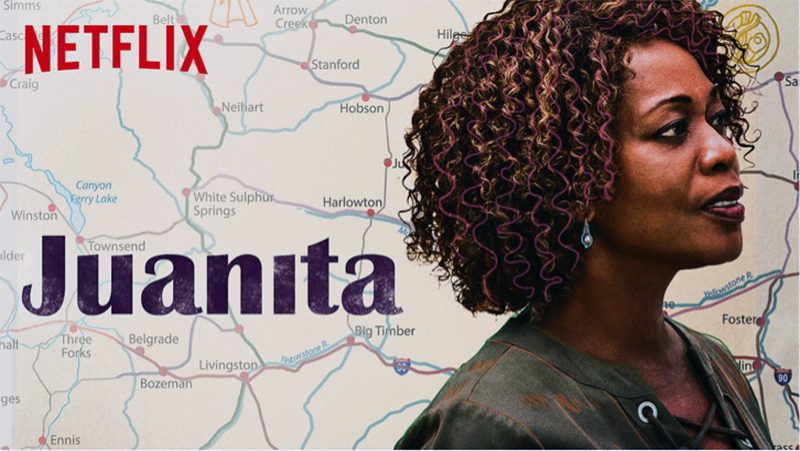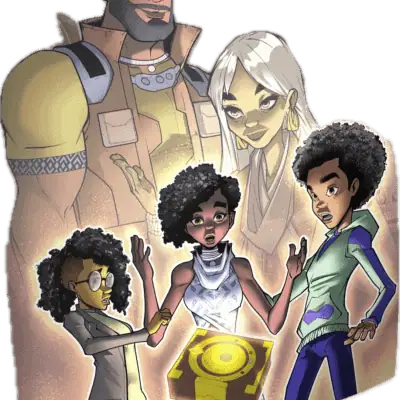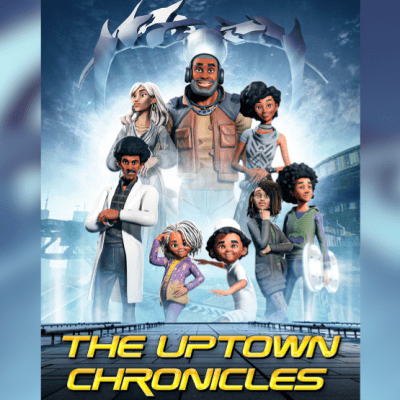
Starring the often underrated Alfre Woodard, Juanita follows a single mom who works long hours as a nursing assistant at a senior citizens home to support her grown, slacker children. One son is in jail in a kind of “wrong place at the wrong time” scenario, the other is on his way to being incarcerated, and her daughter refuses to give up the party life and get job and take care of her child. Sadly, Juanita can’t even escape the madness in her daydreams. A lustful, practically naked Blair Underwood (who she hilariously and consistently calls by first and last name) butters her up with kisses before asking for her financial support for his latest hairbrain scheme. Burdened by guilt at feeling as though she is failing her children and propelled by the desire to get some peace of mind and do something for herself, Juanita packs a bag and heads west. She has no clue of where she is going, only that she has to do something, something different, something just for her.
Juanita’s ability to be herself fully, no matter where she is, is refreshing. Through a set of twists and turns she finds herself in Paper Moon Montana after befriending a truck driver named Peaches who drops her at the Paper Moon Cafe. Nestled in the beautiful greenery of Montana, Juanita easily becomes overwhelmed with the abundance of nature that acts as a stark contrast to her inner city home of Columbus, Ohio. The large mountains, the vivid colors, and the open space seem to make her anxious as she shakily walks around town. She feels much more comfortable inside. Upon entering the cafe for the first time, she challenges the chef and owner, Jess (Adam Beach), about his choice to have a cafe in such a small town that does not serve “real breakfast.” When he defends his choice in exquisite French cuisine she sarcastically quips back pointing out that his restaurant is empty. Despite being the only black person and the only stranger for miles, Juanita does not codeswitch nor does she attempt to tone herself down in any way. She expresses herself freely and is rewarded for being her whole self. Jess brings Juanita into the kitchen and tells her to cook. She ends up starting out on a paid two-week trial basis. Not before long, two weeks turns to six and her and Jess turn into lovers.
One of the many strengths of the film is how it shows black women the love they deserve and pushes them to let down their guards and accept it for what it is. Jess, who is nowhere near perfect, but has a good heart and genuinely cares for Juanita, faces obstacles when trying to express his feelings for her. Juanita does not know if she can trust him and refuses to accept some of his kind gestures. He calls her out on in, forcing her to question whether she is protecting herself out of necessity or out of habit. She learns that the latter is the case and once more steps outside of another comfort zone allowing herself to receive and bask in the love that she has so freely given to others.
The film continues to mimic the growth of its protagonist all the way through its ending. Most movies would end with her moving to the town with her lover and running the restaurant with him – a traditional happily ever after. Instead it ends with Juanita continuing on her own journey further west which is the reason why she started out in the first place. While the lovingkindness she found with Jess is important, restorative, and healing in some ways – he is not her destination. It is a reminder that the most important thing is for us to venture out and find ourselves and learn to accept all seasons as seasons. This is to say that she could very well end up back in Paper Moon with Jess, but it is encouraging for us to see that she finishes what she started – her much needed respite and self exploration.
Juanita is a movie about how pushing ourselves outside of our comfort zones, allowing the Universe to guide us, and readily accepting the love we give, is perhaps one of the most radical forms of self care.






